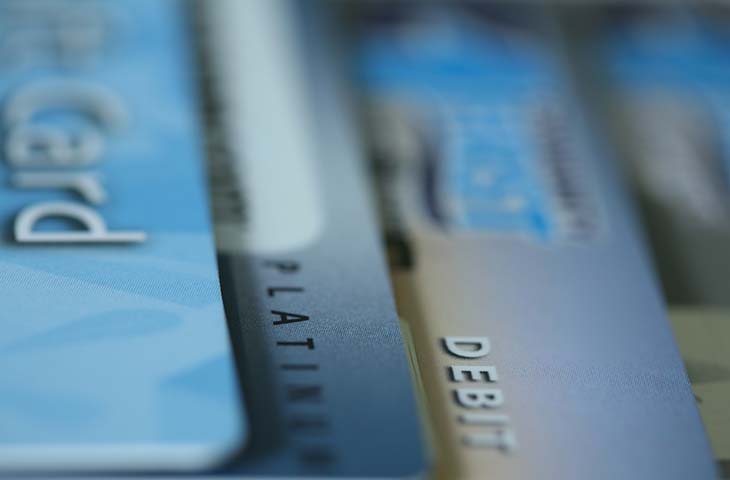Consumer debt refers to the debt that an individual incurs when they borrow money to purchase goods or services. This type of debt is often used to finance large purchases, such as a car or a house. During periods of economic recession, consumer credit debt can become a major problem. As people lose their jobs or face reduced hours, they may have difficulty making their monthly payments. As a result, they may default on their loans or be forced to declare bankruptcy. This can have a devastating impact on their finances, and it can also damage their credit scores. As a result, it is important for individuals to be aware of the risks associated with consumer debt before they take out a loan.
Fingerpointing begins in the UP as the Bank of England begins to scrutinize the £200 billion in consumer debt; similar to the United States, UK debt is now beyond the pre-recession highpoint.
The P2P lending association disclaims responsibility for high debt, pointing to:
-
this comprises £68bn of credit card debt, £58bn in motor finance, £15bn in various forms of higher cost credit, and £7bn in overdraft credit.
-
“I don’t think it’s specific to alternative lenders at all, but I think the regimes do need to tighten up elsewhere in the market,” said Farnish.
Mercator Advisory Group believes every retail lending channel deserves a hard look. It is time to cut losses and take advantage of recent portfolio growth; here are seven strategies to take advantage of the growth wave.
Overview by Brian Riley, Director, Credit Advisory Group at Mercator Advisory Group
Read the full story here









